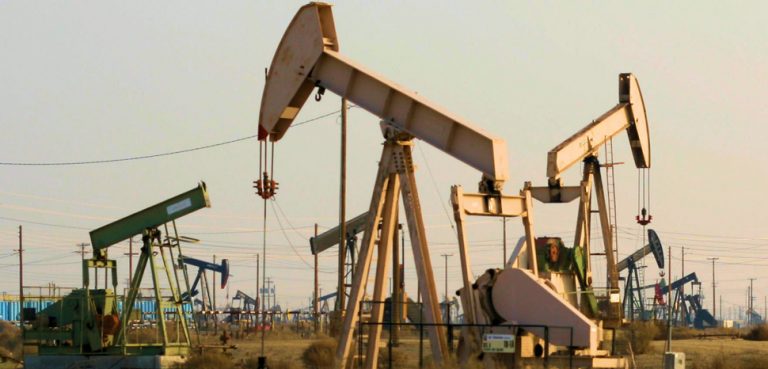Angola’s decision to leave the Organization of the Petroleum Exporting Countries (OPEC) signals a surprising but not unprecedented event for global oil markets. In the last three months, oil futures have declined by over 20%, as strong American shale production has blunted the impact of OPEC-led production cuts. The inefficacy of the politically contentious cuts, spearheaded by Saudi Arabia, exposed dissension by members like Angola and Nigeria, who have rebuked and criticized planned production cuts for 2024. Angola’s move highlights the country’s desire to pursue an independent course of action, exemplifying the diverging interests and costly tensions among a growing number of OPEC members.
Since joining OPEC in 2007, Angola has been an integral part of the oil cartel, contributing significantly to its collective output. Behind Nigeria, Angola is the 2nd largest African oil producer but has lagged in its output, producing 30% less in 2022 than in 2012. Reasons for the decline point to the country’s internal political and economic struggles, most notably following the Luanda Leaks investigation that suggested an entrenched level of corruption by the family of former president Jose Eduardo dos Santos, who was succeeded by current President Joao Lourenco. Though Lourenco’s government has severed ties with the dos Santos family, endemic corruption and external debt accumulated over decades have handicapped Angola’s hopes for diversification beyond oil and mining. In the absence of new investment, Angola has struggled to meet its diminishing quotas, leading to a critical reassessment of its role and benefits within OPEC.




